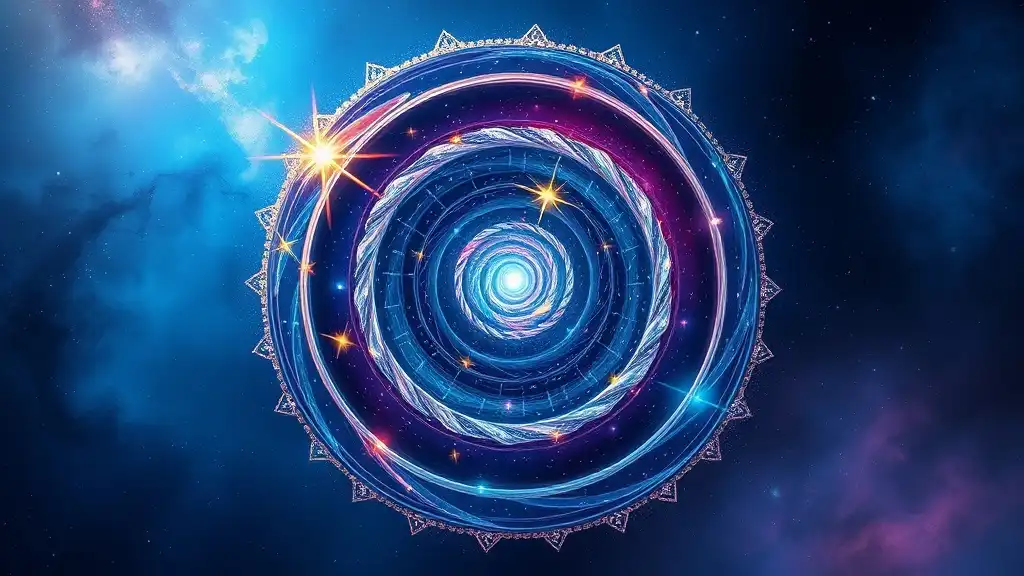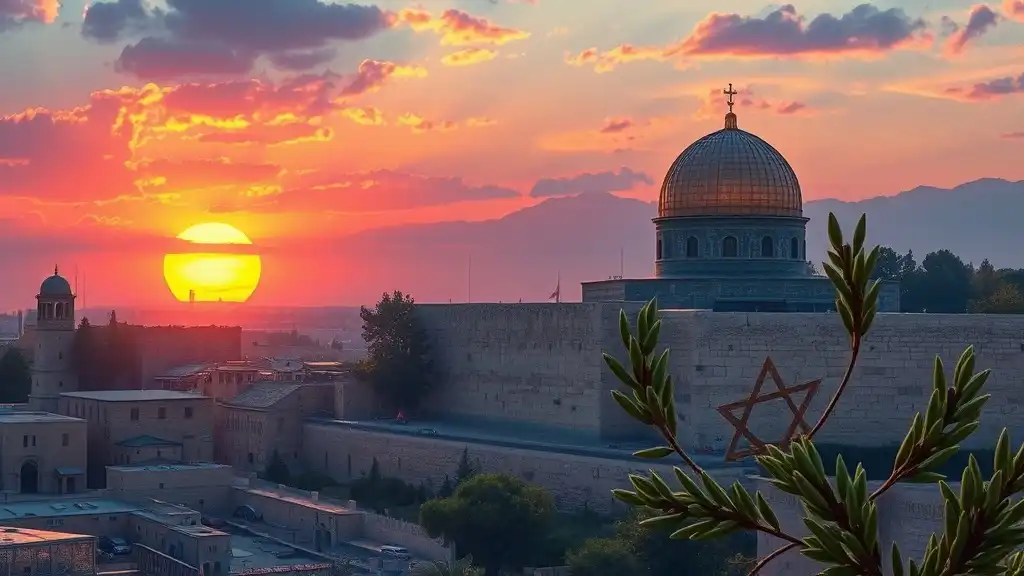Israel holds profound significance in numerous spiritual traditions, serving as a focal point for religious followers and seekers from all walks of life. Understanding its spiritual meaning requires a deep dive into its historical context, sacred geography, and the myriad interpretations that have evolved over time.
Historical Context of Israel
Ancient Civilizations
Long before modern nation-states emerged, the land we now call Israel was home to various ancient civilizations. These early inhabitants, including the Canaanites, Philistines, and Israelites, crafted rich spiritual beliefs centered around nature, agriculture, and community. As the land was perceived as a divine gift, the inhabitants often engaged in rituals and practices designed to honor deities that were thought to govern fertility, harvest, and the elements.
Biblical Significance
The Hebrew Bible, or Tanakh, provides a foundational context for understanding Israel's spiritual significance. Central to Jewish spirituality, the narrative unfolds through key figures such as Abraham, who made a covenant with God regarding the Promised Land. This notion of the Promised Land symbolizes not only physical territory but also spiritual fulfillment and divine promise.
The Exodus story recounts the journey of the Israelites from slavery in Egypt to freedom in Israel, illustrating themes of liberation, justice, and divine destiny. The land of Israel is thus intertwined with these powerful stories, serving as a backdrop for spiritual transformation and collective identity.

Spiritual Meanings of the Land
Sacred Geography
Israel is characterized by its rich and diverse geography, from the arid desert landscapes to lush mountains and valleys. Specific locations hold unique spiritual significance:
- Jerusalem is often described as the spiritual heart of the world, a site of both historical conflict and deep sacredness. It is considered a microcosm of humanity's quest for connection with the divine.
- Mount Sinai, where Moses received the Ten Commandments, symbolizes revelation and divine law, marking a pivotal moment in biblical history.
These sacred sites foster a deeper connection between the seeker and the divine, facilitating transformative spiritual experiences.
Symbol of Divine Promise
The idea of "Promised Land" transcends its physical interpretation, representing a journey toward spiritual awakening and fulfillment. For many, reaching this land signifies hope, renewal, and a deeper relationship with the divine. This symbol of divine promise is not limited to a geographical location; it can also represent personal landscapes of growth, healing, and self-discovery.
Israel remains a beacon of spiritual blessings, drawing believers who seek to connect with the biblical narratives that unfold within its borders.

Israel in Different Spiritual Traditions
Judaism
In Judaism, Israel represents not just a homeland, but the fulfillment of sacred promises made by God. The spiritual movement known as Zionism revived a collective identity and longing for the land among Jews worldwide. Festivals such as Passover and Sukkot carry profound connections to Israel, blending historical remembrance with contemporary spiritual practices. These observances reinforce community bonds and the shared experience of longing for the land.
Christianity
For Christians, Israel is of immense significance as the setting of Jesus Christ’s life and teachings. Jerusalem holds importance not only as the location of His crucifixion and resurrection but also as a symbol of hope and redemption. The fulfillment of prophecies in New Testament texts reflects a continuity and deepening understanding of God's plan through the land itself. By visiting these sacred sites, Christians seek to walk in the footsteps of Jesus, enriching their spiritual journeys.
Islam
In Islam, Jerusalem is revered, particularly for the Al-Aqsa Mosque, which is considered the third holiest site in Islam. The Night Journey of Prophet Muhammad to this sacred place during his spiritual ascent emphasizes the importance of Jerusalem in Islamic tradition. Historical narratives and teachings within the Quran often reference Israel, connecting it to themes of faith, obedience, and social justice.

Modern Interpretations
The State of Israel Today
The modern State of Israel is a complex tapestry woven from diverse cultures and religious backgrounds. For many today, it serves as a spiritual center that bridges ancient traditions with contemporary spiritual exploration. Various movements within Israel focus on issues of spirituality, social justice, and interfaith dialogue, fostering an environment where individual and collective enlightenment can flourish.
Spiritual Tourism
Israel attracts countless spiritual seekers and pilgrims from around the globe. Sites of pilgrimage, such as the Western Wall or the Sea of Galilee, offer environments for reflection, prayer, and connection to the divine. Visitors often share transformative experiences, steeped in the rich narratives that populate the land. These journeys can become profound spiritual rites of passage, encouraging individuals to engage with their faith in deeper, more meaningful ways.

Conclusion
The spiritual meanings of Israel are deeply layered and multifaceted, reflecting thousands of years of history, belief systems, and personal experiences. To explore this land is to navigate the intersecting paths of faith, hope, and divine promise. Whether through ancient texts, pilgrimage, or modern spiritual expressions, the journey to understand the sacred significance of Israel is an invitation to connect with something greater than oneself.

Call to Action
We invite you to share your thoughts and experiences regarding the spiritual significance of Israel. How has this land influenced your spiritual journey? Your stories can enrich the understanding of Israel as a spiritual haven for many.



















